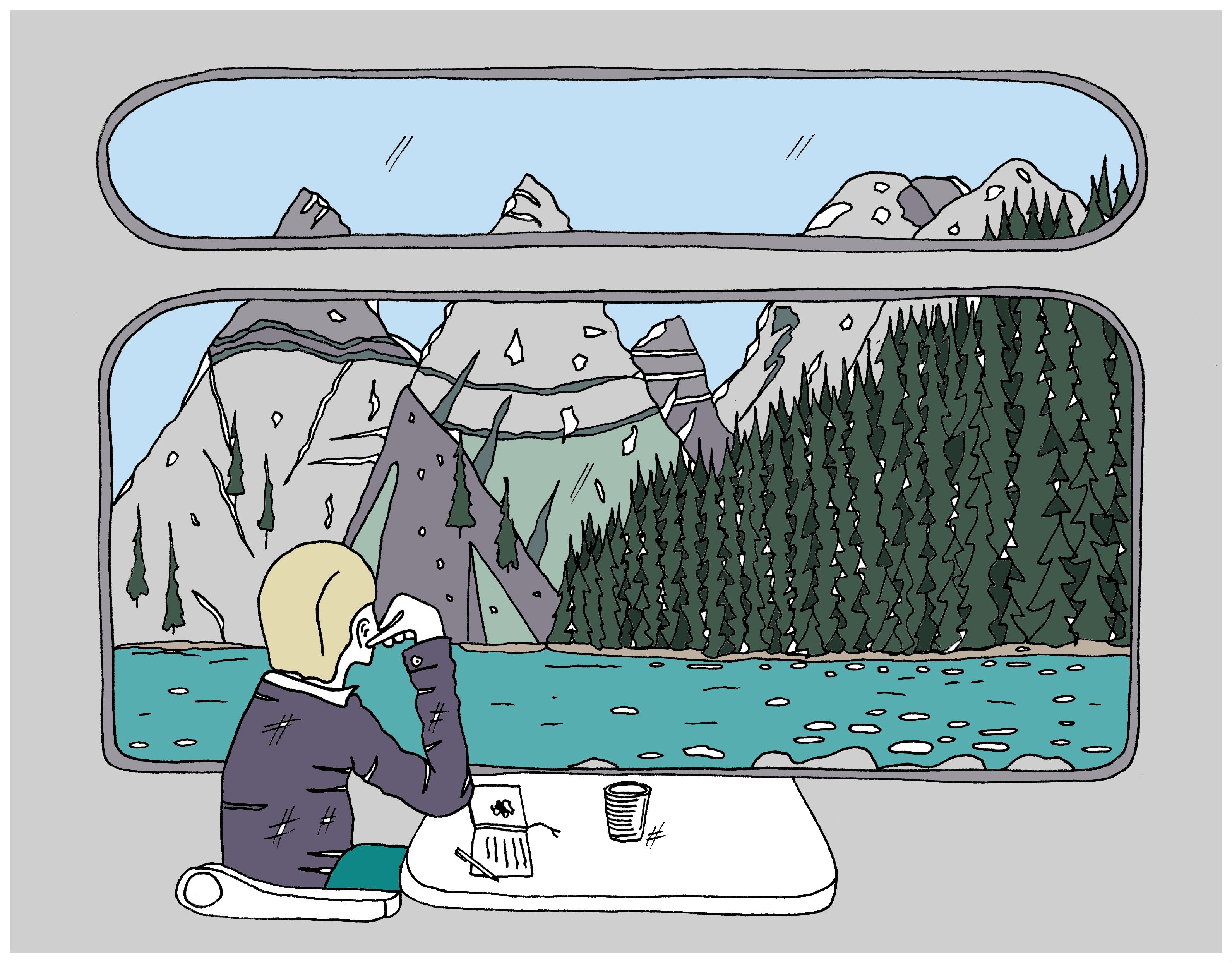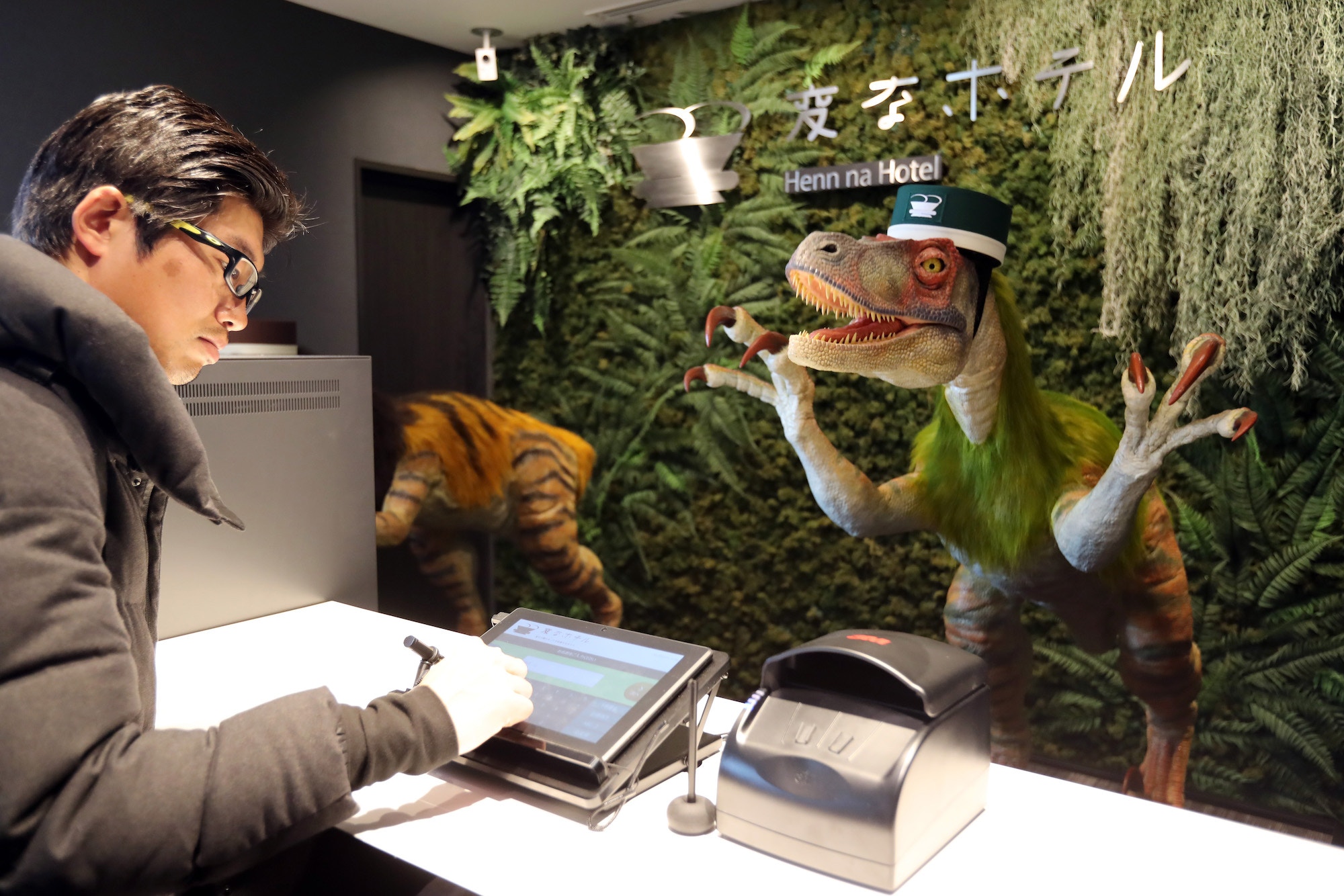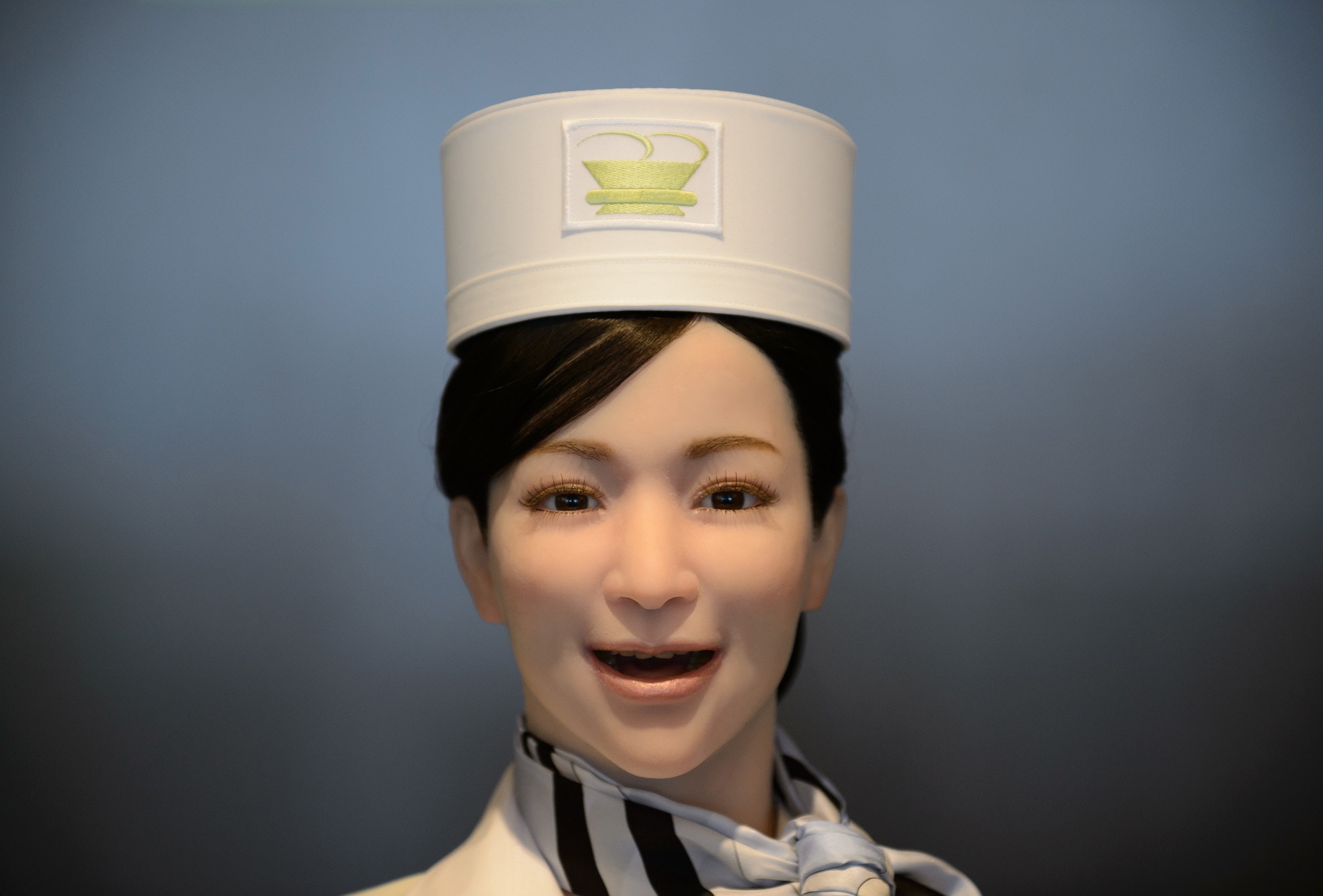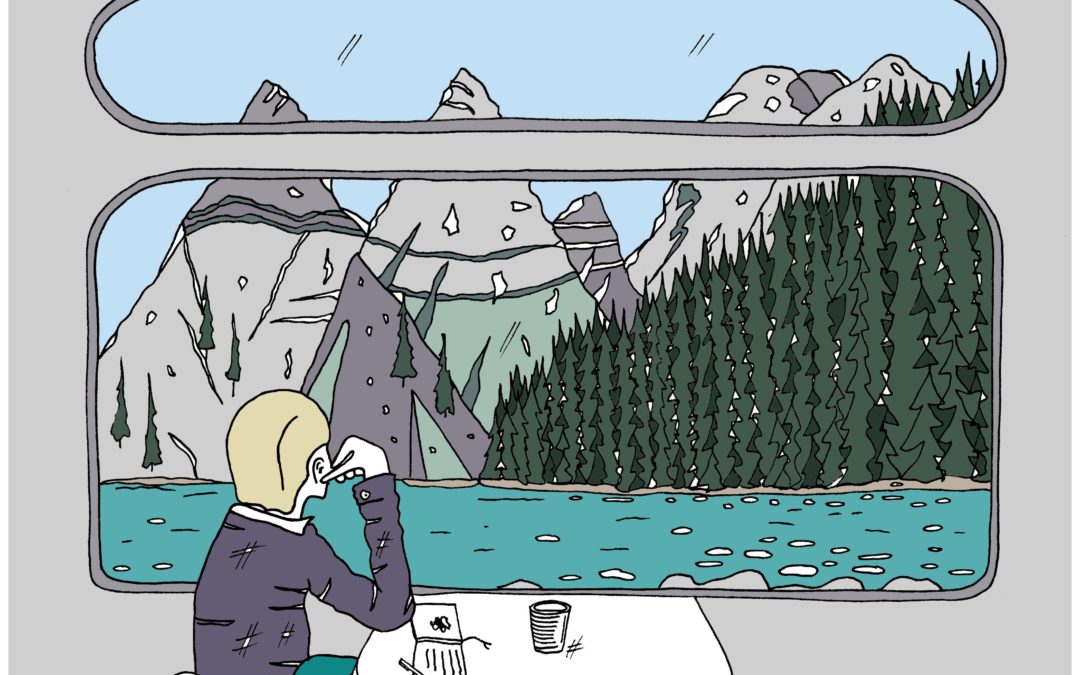 Wonderings: rambles through and reflections on travel… this month, James Kay considers what the robot revolution might mean for the future of hospitality © Joe Davis / Lonely Planet
Wonderings: rambles through and reflections on travel… this month, James Kay considers what the robot revolution might mean for the future of hospitality © Joe Davis / Lonely PlanetWe owe the word ‘robot’ to the Czech playwright, novelist and journalist Karel Čapek, who dreamed it up for his 1920 play, R.U.R., or Rossum’s Universal Robots. The plot charts the rise of mass-produced machines who take on the work of humans, then dispense with their now-redundant makers.
Given the level of anxiety about the impact of robots on the labour market, this century-old play looks prescient – late last year, the World Economic Forum cited a report that forecasts up to 800 million people could lose their jobs to automation by 2030 (although that is only half the story; I’m withholding the rest for effect).
Are you a secretary? A salesperson? An accountant? Unless you upskill or up sticks, I’ve got bad news: you’re going the same way as the dodo, the Tasmanian tiger and Steller’s sea cow within 20 years. None of the above? Don’t be complacent – there’s a more than 50% chance of R2D2 and C3PO supplanting everyone from florists to farmers in that timeframe, too. My advice? Find out your prognosis, quick.
The future is already here
What role will robots play in the travel industry? If you own a hotel or run a restaurant, the omens look relatively rosy: there’s slim chance of WALL·E taking over any time soon; if, however, you do the dishes or lug the suitcases, some Lieutenant Data-like automaton might well get the gig in the medium-term future, say the oracles from Oxford University and Deloitte.
But hang on a minute. To quote another sort of prophet (author William Gibson, the poet laureate of cyberpunk), ‘the future is already here – it’s just not very evenly distributed’; until recently, robots made up most of the staff at the Henn na Hotel in Japan. According to reports, however, the Henn na has just laid off half of its workforce for… incompetence.
Far from making it the most efficient hotel in the world, these malfunctioning machines failed to move with the times, mishandling check-in, bungling the luggage, waking guests after mistaking their snores for voice commands, and breaking down more often than Basil Fawlty’s car. Come to think of it, the Henn na sounds a bit like a 21st-century reimagining of Fawlty Towers.
 You’re sure of a weird welcome at Japan’s Henn na Hotel © YOSHIKAZU TSUNO / Getty Images
You’re sure of a weird welcome at Japan’s Henn na Hotel © YOSHIKAZU TSUNO / Getty ImagesParadoxically, however, the problems at the Henn na reflect the success rather than the failure of technology. In a terrifyingly short space of time, we’ve become accustomed to the smarts of our digital assistants – the likes of Amazon Alexa, Google Assistant, Apple’s Siri, and so on. So when the animatronic dinosaur in a bellboy hat at the Henn na (yes, they really had one) can’t answer a simple question, guests are understandably nonplussed.
In his book The Age of Spiritual Machines, the futurist Ray Kurzweil argues that technology is the continuation of evolution by other means – and change happens fast; the doddering robots at the Henn na seem strangely old-fashioned, despite being less than four years out of the factory. That’s because we already expect more of them.
Model employees
The cautionary tale of that establishment won’t dissuade others from swapping flesh and blood for metal and plastic, of course – to name but a few big players, Hilton, Intercontinental and Marriott are all experimenting with robots.
So far, these companies have concentrated mainly on tasks which break down into a series of easy-to-describe steps; in other words, tasks that lend themselves to algorithms, which are essentially to-do lists for computers. But that’s just for starters.
If you were a hotelier, wouldn’t you be excited by the idea of an ‘employee’ who never got tired, worked 24/7 without making a mistake or airing a complaint and, best of all, had no interest whatsoever in receiving even the minimum wage for their trouble?
 Welcome to the uncanny valley, folks © Bloomberg / Getty Images
Welcome to the uncanny valley, folks © Bloomberg / Getty ImagesThe thoughtful adoption of technology can enhance the guest experience. No question. But there’s a world of difference between devising a set of rules for, say, mixing a cocktail or delivering the laundry, and developing an algorithm that effectively mimics the empathy of a great host. After all, Isaac Asimov’s Three Laws of Robotics might prevent machines from casually murdering their masters, but they don’t give much guidance when it comes to mollifying a tricky guest.
It also strikes me as odd that the mainstream hospitality industry is chasing unicorns at a time when the greatest threat to its prosperity is arguably the rise of homestays – lodgings that appeal to a generation in search of authentic experiences (the last time I checked, these experiences generally involved interacting with other human beings, an increasing number of whom see travel as an opportunity to escape the tentacles of tech).
Superbug-infested cesspits
Front-of-house roles might never be their forte, but there’s no doubt robots will transform travel in other ways, both obvious and leftfield. In the former category, I would put self-driving vehicles; in the latter, I give you CleanseBot, a pocket-sized gizmo that disinfects your hotel room – or, to put it in another way, that superbug-infested cesspit where you’ve chosen to spend the night.
Now don’t get me wrong: no one wants to find traces of a previous occupant on their bedsheets (apart, perhaps, from a small minority of perverts). But you’ve got to keep such things in perspective. If you’re the sort of person who freaks out at the sight of a stray hair in a strange bed, you’re not cut out for travel at all IMHO. But who knows? Perhaps it’ll be a bestseller.
Like love, predicting the future is a losing game (but no less fun for that); perhaps we will soon reach a point where robots behave, and even look, just like their creators. The hotel of the future might become a next-generation Turing test, where guests are left guessing who is real and who, in the language of Bladerunner, is replicant.
Perhaps, many years hence, the cyberman-concierge who scans my face and checks me in as I enter the lobby of some sleek property, instantly becoming aware of everything I have ever said or done online, will scoff at my myopia and send the following message to the hotel’s network of robots: ‘heads up, guys – here comes another neo-Luddite numpty. Charge him double’.

